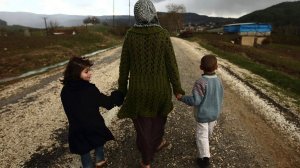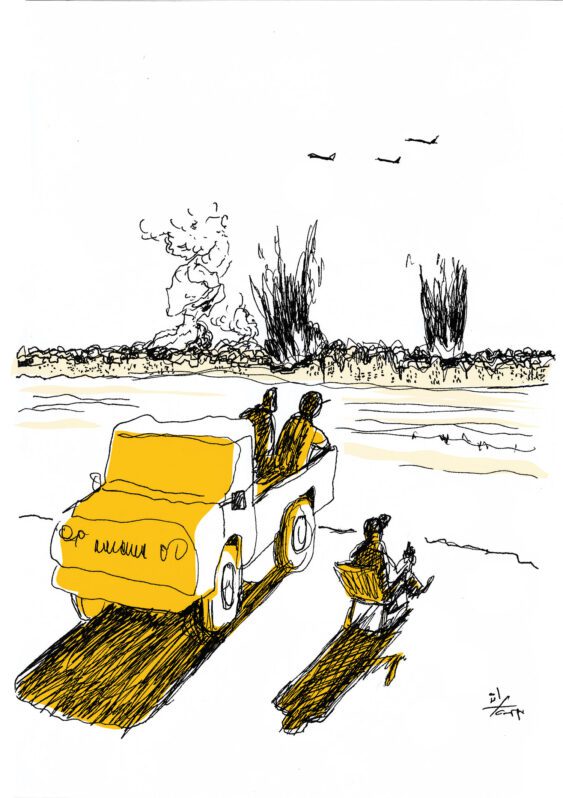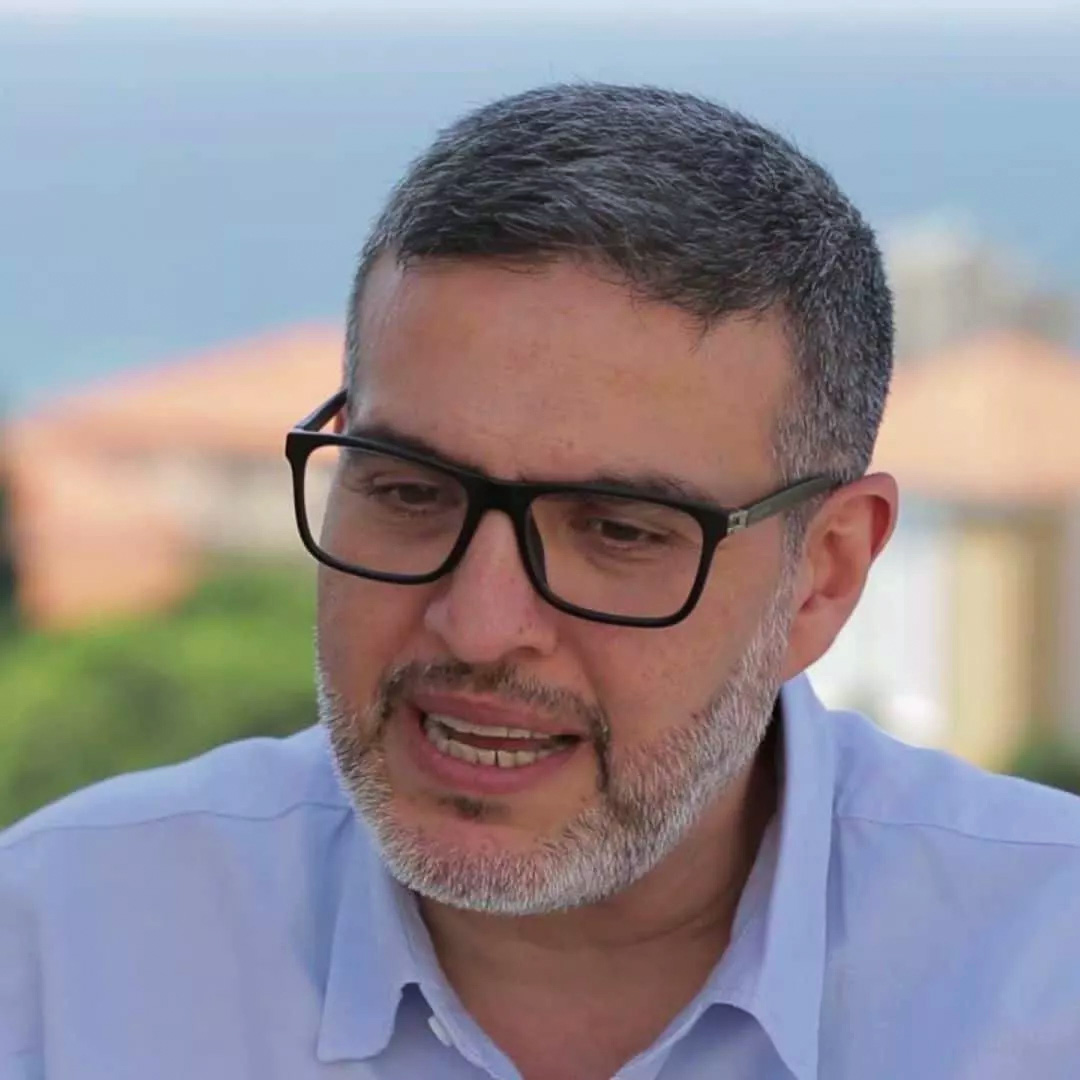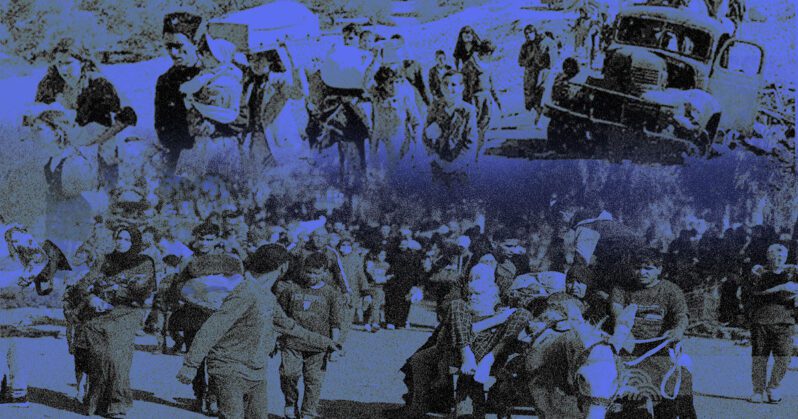Refugees Under Curfew: The War of Lebanese Municipalities Against the Poor

Following the increase in the number of Syrian refugees in Lebanon and the lack of state policies to regulate their presence, Lebanese municipalities have emerged as authoritative local bodies capable of responding to emerging problems. One major instrument of their authoritarian control is curfews, a measure that severely restricts people’s constitutionally-protected personal freedom and freedom of movement. This article examines the motivating logic, modes of implementation, and the impact of curfew measures on Syrian refugees. It is based on qualitative interviews with the representatives (mayors and deputy mayors) of seven municipal councils of and seven refugees residing in areas subjected to curfews.
According to Human Rights Watch (HRW), more than 45 Lebanese municipalities have imposed curfews on Syrian refugees residing in their areas.[1] Curfew decisions vary from one area to the other. Some curfews were imposed by municipal councils, while others were decided solely by mayors. In some areas, public signs were posted to announce the curfews, while in others, they were announced orally through mega phones. The specific curfew times also varied, but they were all imposed during night time.
Why Impose Curfews?
Some municipal representatives justified the curfew decisions as a reaction to the occurrence of “problems”, although most of them could not provide clear examples. Some of the vague problems mentioned included: an increase in the number of Syrian residents, the gathering of groups of Syrians, complaints that strangers were seen roaming in the streets, and a fight among Syrian refugees and acts of theft. None of the representatives were able to confirm that the thieves had been identified as Syrians.
Others argued that the decision to impose curfews was taken as a preventive measure to protect Lebanese residents. In the words of one representative, the curfew decision was taken to “avoid headaches”, although no security incidents had occurred in the area. A good example is the case of Ebrine village, as reported by blogger Elie Fares. Although Ebrine does not have a municipal council, a group of civilians hung flyers on walls and doors informing Syrians that they could not leave their houses at night. They also warned residents not to employ or rent their houses to Syrians. Fares argues that there were no grounds for this “civilian” curfew. The village had not witnessed any problems but residents had heard news of curfew restrictions in other villages and followed suit. A house in Ebrine was robbed. The thief turned out to be Lebanese.
It follows that curfews are neither a necessary nor adequate solution to solve or prevent the perceived problems raised by the municipalities’ representatives. All the justifications provided by these officials relate to minor security incidents, such as thefts or disturbance due to public gatherings. These incidents fall under the authority of regular law enforcement, and do not require such extraordinary measures that infringe on basic freedoms. They can be easily prevented by implementing security measures, while maintaining and protecting the fundamental freedoms of others.
How Are Curfews Implemented?
The municipal police are in charge of enforcing curfews. Some municipal representatives said that when Syrians are found in breach of the curfew, the municipal police ask them politely to return home. Other representatives said that the municipal police will escort them to police stations where they will be detained until the end of the curfew. Most municipalities' representatives said that there was no need for Syrian refugees to go out for leisure at night; however, in some instances, circumstances such as medical or emergency matters are taken into consideration. In some areas, individuals whose working hours surpass the curfew restrictions can be granted a municipal ID upon the request of their employer. This ID allows them to move around freely during the curfew.
However, interviewed refugees provided a different perspective on how curfews are implemented. The most alarming aspect of their testimonies is how curfews have encouraged Lebanese civilians to become more violent towards them. None of the refugees interviewed reported incidents where the municipal police used violence against them to enforce the curfew. One of them said that the municipal police had politely asked him to return home. Another woman, who lives with her husband and four kids in one small room, said that the municipal police shouted at them when they sat near the entrance of their building during hot summer days.
These refugees did however report instances of violent acts committed by Lebanese civilians. One refugee was beaten by two Lebanese residents who saw him walking on the streets during curfew times. Another woman stated that her husband’s car was stopped by a group of Lebanese civilians while he was on his way to a work-related emergency at a construction site. Armed with sticks, the men forced her husband and his colleagues to stand against a wall, while they searched the car and threw away the working tools. They verbally insulted them and seized their passports. As they were about to beat them up, the municipal police patrol showed up and put an end to the attack. The civilian men justified their actions on the grounds that the Syrians were in breach of the curfew. However, the police told them that they were responsible for enforcing the curfew, and not the residents themselves. Yet, the police proceeded with scolding the Syrians for breaking the curfew before letting them go. According to blogger Elias Fares, civilians had formed a group of security guards in his village to enforce a curfew; they conduct night patrols in the village and have physically attacked Syrian refugees.
How Are Syrian Refugees Identified?
When asked how the municipality identifies Syrian nationals, one municipal representative exclaimed: “Haven’t you ever seen one?”. He explained that Syrians roam at night in small groups wearing flip-flops (shahhata) and look like construction workers. He also admitted that nobody would annoy a Syrian national who was not a construction worker. In most of the municipalities, the curfews do not only target Syrian refugees, but all “foreigners”. When asked whether French people are required to respect the curfew, one municipal representative found the question a bit provocative and argued that they don’t bother with “these types of foreigners”, because they do not cause any problems like the migrant workers do. In one area, all motorcycle drivers are suspected to be foreigners in breach of the curfew.
While different criteria may be used in each area to identify Syrians or foreigners, it is clear that there is one prevalent criterion in all areas: class. Curfews are targeting the poor. Classism was evident in our interviews with municipal representatives, who are clearly targeting foreigners based on the type of job the latter have, and their social class. Syrians and foreigners who are not economically impoverished are not subject to restrictions on their freedom of movement.
Curfews as a Form of Violence
Refugees said that the curfews have affected their daily lives and economic situation as they are unable to go out of their homes at night, or work during curfew hours. One woman said that she had to take her son out of school so that he can work during the day, and compensate for the reduction of her husband’s income caused by the curfew. In this instance, the curfew directly resulted in denying a child their right to education and protection from child labor.
While curfews may be justified by the need to prevent violence, they simultaneously constitute a violent measure that targets the poorest among Syrian refugees. This violence stems from two aspects:
The first is the imprisonment of refugees inside their homes, which is an act of violence in itself, especially as most of them are bound to remain in small and crowded places. Imprisonment, as the most extensive form of deprivation of liberty, is usually justified by the need to protect society by isolating individuals who have committed a crime. Yet, the only crime committed here is belonging to a specific nationality and social class. Curfews are therefore perpetuating the generalization that all Syrians, even unarmed civilians, are dangerous. They have isolated and imprisoned the poorest of Syrian refugees, and labeled them all as a threat to society.
The second is the way in which the curfew enables the Lebanese to practice violent forms of bullying and aggression against the refugees, through the formation of groups of civilians who impose security measures on their own terms. The car incident described above is a case in point. Incidents involving harassment and the instillment of fear of death into those perceived as “others” were a familiar occurrence during Lebanon’s civil war, and continue to be entrenched in the collective memory of all Lebanese. Curfews have therefore reinforced the fear of “the other”, and justified the violence against them.
In conclusion, curfews imposed on a specific group of people labels them as dangerous, thereby inducing fear from them while simultaneously justifying violence against them. Curfews are thus not only a threat to the refugees and migrants in Lebanon, but also a threat to all citizens as they are indicative of a dysfunctional system that manipulates power and rigidifies authority. By normalizing the infliction of socially-sanctioned violence on refugees, its infliction on the host community (Lebanese) becomes one step easier to justify.
For an Arabic version of this article, click here
_
_________
[1] See: http://www.hrw.org/news/2014/10/03/lebanon-least-45-local-curfews-imposed-syrian-refugees.
Mapped through:
Articles, Asylum, Migration and Human Trafficking, Inequalities, Discrimination and Marginalisation, Lebanon
Related Articles



